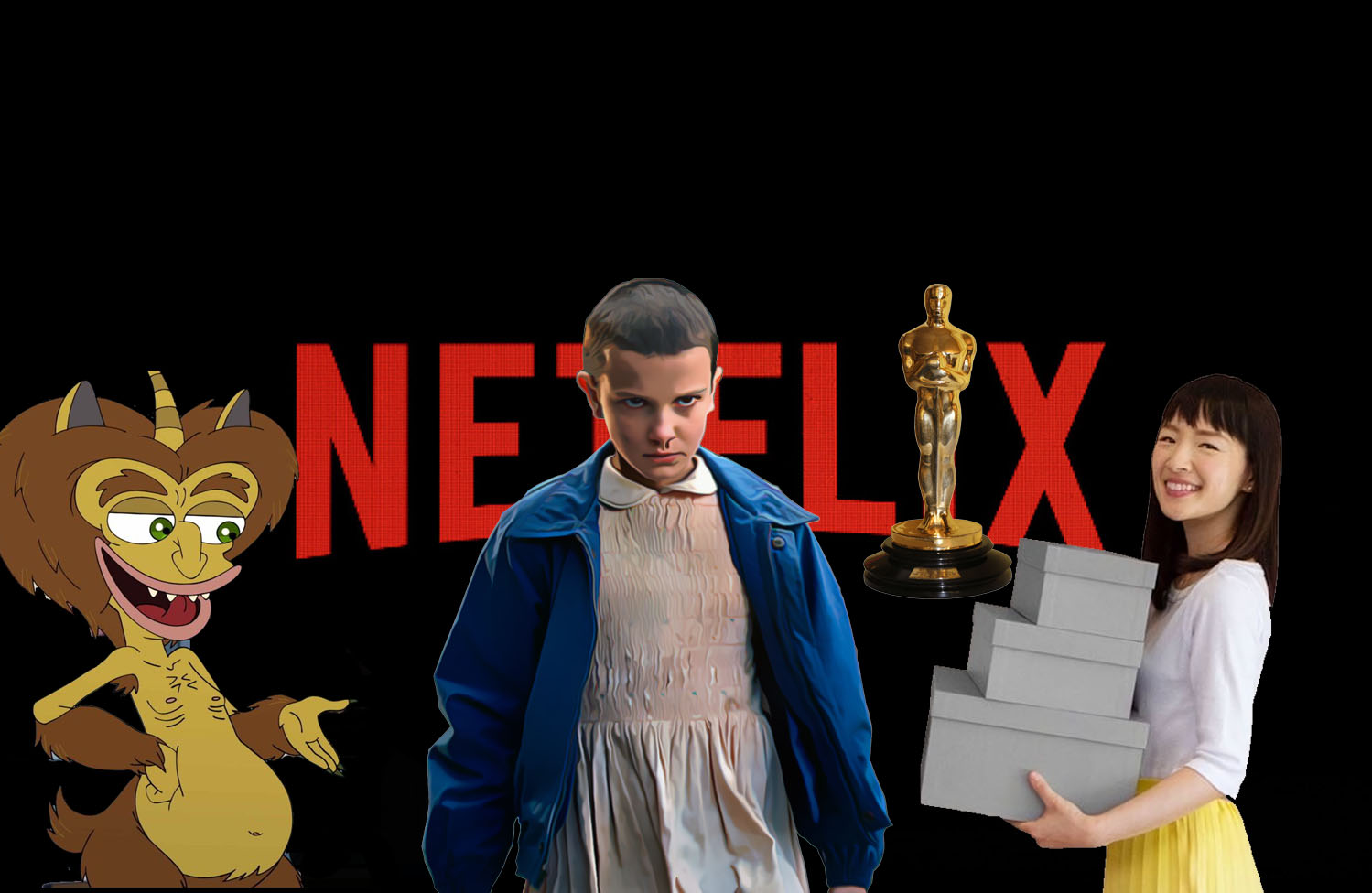Many moons ago, the world gifted us with something we’d eventually realize that life before this object was without purpose. Some call it a waste of time, while others refer to this experience as something akin to dying, visiting heaven, and coming back, but we’ll just call it by its name: media streaming. Utilizing the god-like energy of the internet, mere humans can stream any and all content that they could possibly imagine.
As of a few years ago, Netflix (NFLX), perhaps the king of all streaming sites, offered its users more than 100 million hours of streamable programming. To put those numbers into perspective, if you wanted to watch every show, movie, and documentary on Netflix (NFLX), it would take you three years, two-hundred days, twelve hours, and fourteen minutes to do so, and that’s if you watched without stopping. In other words, Netflix (NFLX) has plenty to watch.
What began as a means of adding a new, innovative way for people to view their favorite movies and TV shows has since become a brand associated with releasing films and shows that have beaten out studio content during award season.
Since Netflix (NFLX) began releasing original content back in 2013, the streaming-giant-turned-production-company has won thirty-seven Emmy awards, four Golden Globes, and two Academy Awards. While I 100% agree that Netflix (NFLX) content has earned every single award that they’ve won, these victories are an indication that old Hollywood is fading softly into the distance.
Last year, box office films earned nearly $12 billion, representing the highest in history, but, as several analysts have pointed it, that was largely due to the recent increase in ticket prices. In fact, according to TechCrunch, the total number of movie tickets sold in America has dropped over 10% in the last two decades even though domestic population levels continue to rise. The reason behind this must be that moviegoers would rather watch award-winning content for $10/month, from the comfort of their own living room, rather than pay $15 per movie and possibly have to sit among crying babies and loud fans of The Avengers.
“This cash loss exists because Netflix is funding next year’s content against this year’s revenue. Netflix could have chosen to stabilize its 2018 content offering at 2017 levels…The industry and press would do well to focus on Netflix’s cash spend — even when compared to the recognized spend of its traditional peers. Netflix’s amortization figure is a lagging indictor. What’s scary is what’s going out the door: lots and lots of cash.”
–Matthew Ball, former Head of Strategy, Amazon Studios
In recognition of the potential dethroning of tv/film studies, companies like Disney (DIS) have made moves to tap into the streaming business. Disney has said that it will have three major streaming services this year including Hulu, ESPN+, and a Disney-branded service launching later this year.
Inside the secret boardroom located in Cinderella’s castle at Disney World, Bob Iger, Disney’s (DIS) CEO has been plotting, oh boy, is he plotting. Iger, the wonderful leader of Disney (DIS) announced in 2018 the name for its new streaming service set to launch this year: Disney+ (DIS). Iger also mentioned Disney+ will retain the rights to content from the many brands in the company’s pocket including Marvel, Star Wars, Pixar, ESPN, and National Geographic.
Netflix (NFLX) has singlehandedly reshaped the tv/film industry as we’ve all come to know it. While Netflix (NFLX) presently cannot compete with the likes of Disney (DIS) and its multi-billion dollar Marvel Cinematic Universe, the streaming giant is proving that Hollywood can no longer sit calmly on the throne and assume dissension isn’t brewing in the kingdom. When asked about Netflix’s (NFLX) war on the traditional cinematic experience, the Company’s CEO, Reed Hastings, quipped that the movie business’s only innovation in the last 30 years has been that “the popcorn tastes better, but that’s about it.”





